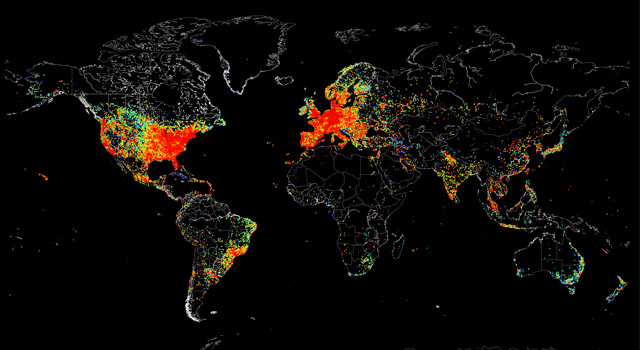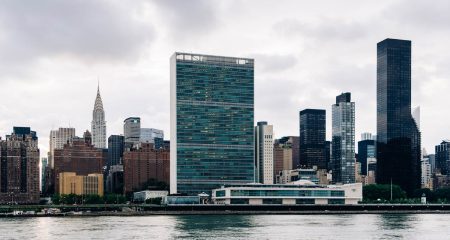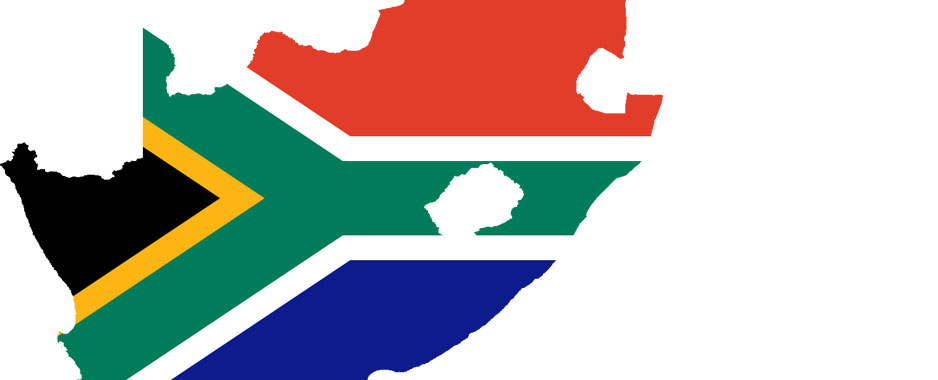
Issues of racism and incitement of hatred prompted South Africa to vote against a United Nations resolution on the protection of human rights on the Internet.
On Friday, the UN held a vote on a resolution dubbed “the promotion, protection and enjoyment of human rights on the Internet’, which was submitted by Brazil, Nigeria, Sweden, Tunisia, Turkey and the US.
The resolution seeks to protect human rights online such as freedom of expression and privacy, and ensure the release of those imprisoned for posting “legitimate” views on the Web.
Other key points of the resolution include investigating attacks against bloggers or other Internet users, and refraining from preventing access to information online by, for example, shutting down the Internet during elections or terror attacks.
South Africa joined China and Russia in voting against the resolution. These countries also sought to amend the resolution to remove texts pertaining to freedom of expression and preventing the shutdown of Internet access.
Most countries, though, voted for the resolution in the end and it will be adopted by the United Nations Human Rights Council.
Subsequently, the UN website has published a video of an explanation from South Africa’s deputy permanent representative to the UN office in Geneva, Ncumisa Notutela, on the vote.
“The South African constitution guarantees the exercise of the right of freedom of opinion and expression,” said Notutela on Friday, just before the vote took place.
“However, incitement to hatred is problematic in the context where we are having our domestic debates on racism and the criminalisation thereof.
“The exercise of the right to freedom of opinion and expression is not absolute, and carries with it duties and responsibilities for right-holders,” added Notutela.
This explanation from Notutela has come amid controversial complaints of racism in South Africa this year.
After New Year’s Day this year, former KwaZulu-Natal realtor Penny Sparrow took to Facebook to describe black beachgoers as “monkeys”.
In May, 26-year-old Matthew Theunissen was also under the spotlight for racist remarks he made on Facebook about black people after sports minister Fikile Mbalula’s decision to ban certain sports codes from bidding for or hosting major events owing to a lack of transformation.
And just last month, the victim of a smash-and-grab in Johannesburg, Vicki Momberg, was caught on video shouting racist insults at police.
Amid this context, Notutela at the UN on Friday said the resolution fails to “make reference to acts of hatred propagated through the cyberspace, including cyber bullying”.
“In this context, the main sponsors are certain that the exercise of the freedom of opinion and expression, on and offline, is not subject to limitations, is a false notion,” said Notutela.
“The draft resolution omits key provisions on the permissible limitations and prohibition of hate speech under international human rights law,” Notutela added.
Notutela then further asked the main sponsors of the resolution to align it with “international law”.
Meanwhile, critics have lashed out at South Africa over its decision to oppose the UN resolution.
“We are disappointed that democracies like South Africa, Indonesia and India voted in favour of these hostile amendments to weaken protections for freedom of expression online”, said Thomas Hughes, the executive director of global free press organisation Article 19.
Other countries that joined South Africa in the vote against the resolution included the likes of Kenya, Qatar, Russia, China, Cuba, Venezuela and Saudi Arabia.



